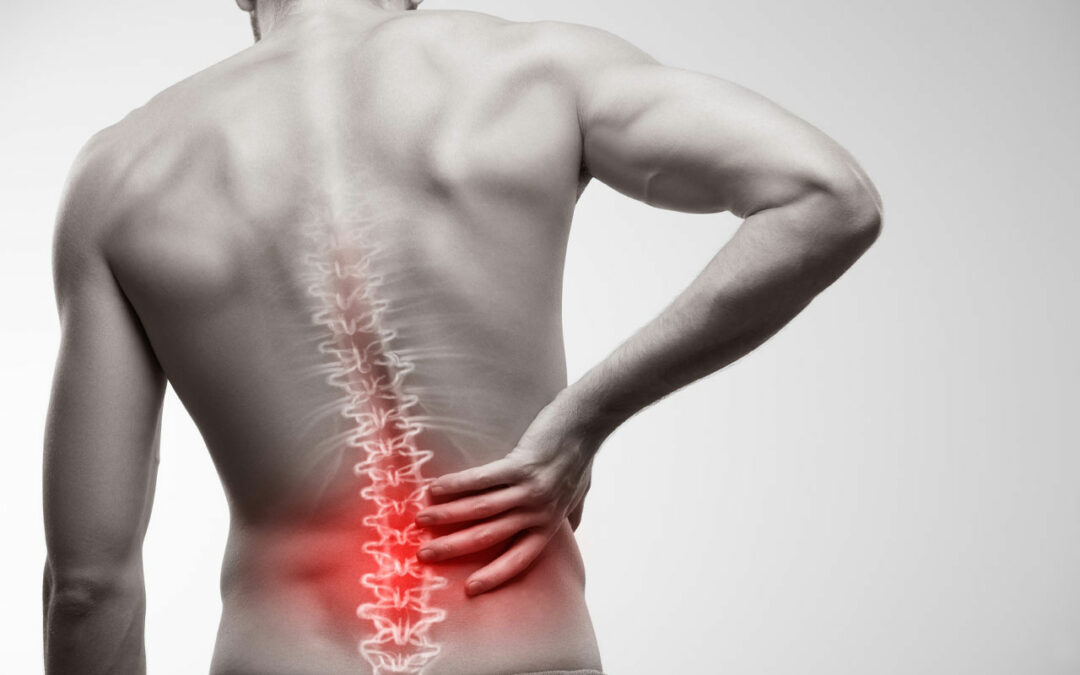Answer: It totally depends. Back pain fills an entire spectrum of severity and continues to be the most common reason that Americans go to the doctor or miss work/school. So, let’s break this down a little bit with the most dire emergency questions first followed by suggestions for addressing non-emergent back pain.
Emergency Questions
Are you unable to walk? If no, is this because of pain or profound weakness?
Are you not able to pee or poop normally? Any loss of control of bowel or bladder?
Do you have numbness or sensation changes in your groin or inner thighs?
Do you have severe pain that shoots down your leg causing foot weakness?
If you answered yes to any of these questions, Do not pass go. Do not collect 200 dollars. Go directly to the Emergency department!
Hopefully you are not getting in the car right now and you can keep reading about your non-emergent back pain. Let’s take a moment to be thankful it doesn’t seem emergent while still recognizing that any pain that limits your performance and quality of life is lousy.
Non-Emergent Back Pain
In most cases, back pain can be managed outside of the hospital or the operating room.
Most back-related pain is acute, lasts only a few days to a month, and will resolve on its own with just some basic self-care. If left untreated or ignored, acute pain can persist beyond 2-3 months, and then it graduates to chronic back pain. The sooner you address your back pain, the faster and better your outcome will be. This is a key reason to come to an integrative neurosurgery practice sooner rather than later. Back pain alone or with pain that shoots down into your leg or foot can both be treated non-surgically.
Have you been told you have:
- Spinal stenosis
- Nerve compression
- Radiculopathy
- Facet arthropathy
Even pain caused by these structural problems seen on CT or MRI can be resolved with health optimization, exercise, natural pain management, and complementary modalities.
These complementary practices include herbal medicine, acupuncture, chiropractic, and mind-body exercises for stress. In addition to relieving pain, these modalities can help you get insight into your emotional relationship to the pain.
At this point, depending on your level of open mindedness, you might be saying, “yeah, yeah, that emotional stuff is for some people, but my doctor told me I have degenerative disc disease, or I have a herniated disc and stenosis…” What if we told you that not everyone with the same structural problems have the same level of pain or dysfunction?
Some people have back pain and no structural problems at all on imaging. Others have severe degenerative changes on imaging and NO PAIN.
Your body is more complex than you know, and the brain is a powerful organ, that when optimized, can be your greatest asset in your recovery. When your nerves fire with sensory inputs like “pain”, this is called a noxious stimulus that travels up from your spinal cord to your brain where it is then evaluated by your subconscious (or more specifically your thalamus) and interpreted. This interpretation of the pain is an important aspect of your entire wellbeing. The noxious stimulus is a physiologic problem, but “pain” is an emotional evaluation of what that noxious stimuli means to you. This is where mind-body practices can intervene. Also, did you know that your hormones, like testosterone, cortisol, vitamin D all play a role in pain?
At Austin Integrative Spine, once ruling out that surgery is needed urgently, Dr. Marcella employs a treatment paradigm that includes modalities from both conventional and complementary medicine.
We work with you starting with hearing your story, doing a physical exam, evaluating imaging, and then we may order lab studies to look at your “soil” to see how your body is really functioning, and why your tree branch is wilting. When you have lousy soil, your plants and trees won’t thrive, and the same holds true for us.
As a board-certified neurosurgeon with integrative and functional medicine training, Dr. Marcella has a unique perspective on spine care that you won’t find anywhere else. Call 512-819-4600 with any questions you have about our approach to back-pain management, or visit our AIS Services page for more information
